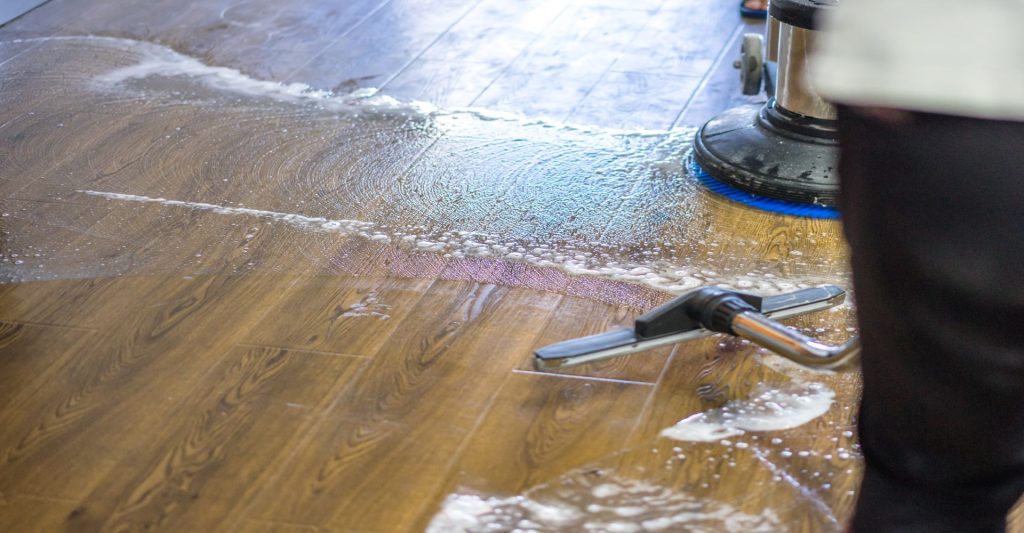
What Happens When the Sewer Backs Up in the Basement?
Experiencing a sewer backup in your basement is far from a pleasant surprise inflicting risks to your health and can cause extensive damage. Thus, this blog post delves into the prevalent causes of sewer backups and the potential reasons they bring while providing you with actionable steps to take if you encounter this issue. Also, if the damage is extensive, count on the expertise of professional plumbers in Oakland, who are readily available to assist you in resolving this problem promptly and effectively. Let’s dive in!
Understanding Sewer Backups
A sewer backup unfolds when the wastewater that’s supposed to leave your home through the sewer line flows back into your home. Basements are often the first place to be affected due to being the lowest point in the house.
Causes of Sewer Backup
Several factors can cause sewer backups, including:
Clogged Pipes
If your home’s sewer or drain pipes get blocked, wastewater can end up back into the house.
Tree Roots
Tree roots can infiltrate sewer line cracks, causing blockages and backups.
Old Sewer Systems
Older sewer systems may collapse or break down over time, leading to backups.
The Impact of Sewer Backup
A sewer backup can have severe consequences for your home and health, encompassing:
Property Damage
When a sewer backs up in the basement, it can cause considerable property damage, including damage to the building’s structure, ruined personal belongings, and potential mold growth.
Health Risks
Sewer blockages may be dangerous to one’s health. Bacteria, viruses, and other pathogens in sewage water can cause disease.
What to Do When Your Sewer Backs Up
If you encounter sewer backup in your basement, consider the following steps:
Safety First:
First and foremost, secure your and your family’s safety. Avoid exposure to sewage and, if feasible, exit the contaminated area.
Call a Professional:
Next, employ professional plumbers in Modesto to identify and resolve the issue, as they are outfitted with the necessary skills, knowledge, and equipment to deal with the problem effectively and safely.
Document the Damage:
For insurance purposes, document the damage. Take pictures and make a list of all damaged items.
Clean-up and Restoration:
The cleanup procedure begins once the backup problem has been fixed. Professional restoration services may be required depending on the amount of the damage.
Preventing Future Sewer Backups:
Prevention is always better than cure. Regularly maintaining your home’s plumbing system is pivotal to preventing sewer backups. It encompasses regular inspections and cleaning of your sewer lateral, proper disposal of grease and paper products, and replacing old or damaged sewer lines.
Conclusion
Dealing with a sewer backup is a matter of utmost importance that demands immediate action. It’s crucial to comprehend the root causes of these backups and how to respond to minimize potential damage and safeguard your home effectively. It’s imperative to remember that in the event of a sewer backup, consulting professional plumbers is the wisest course of action. No matter where you reside, seeking expert assistance is just a phone call away. Be proactive and protect your home from the troubles of sewer backups.


 Request a Service
Request a Service